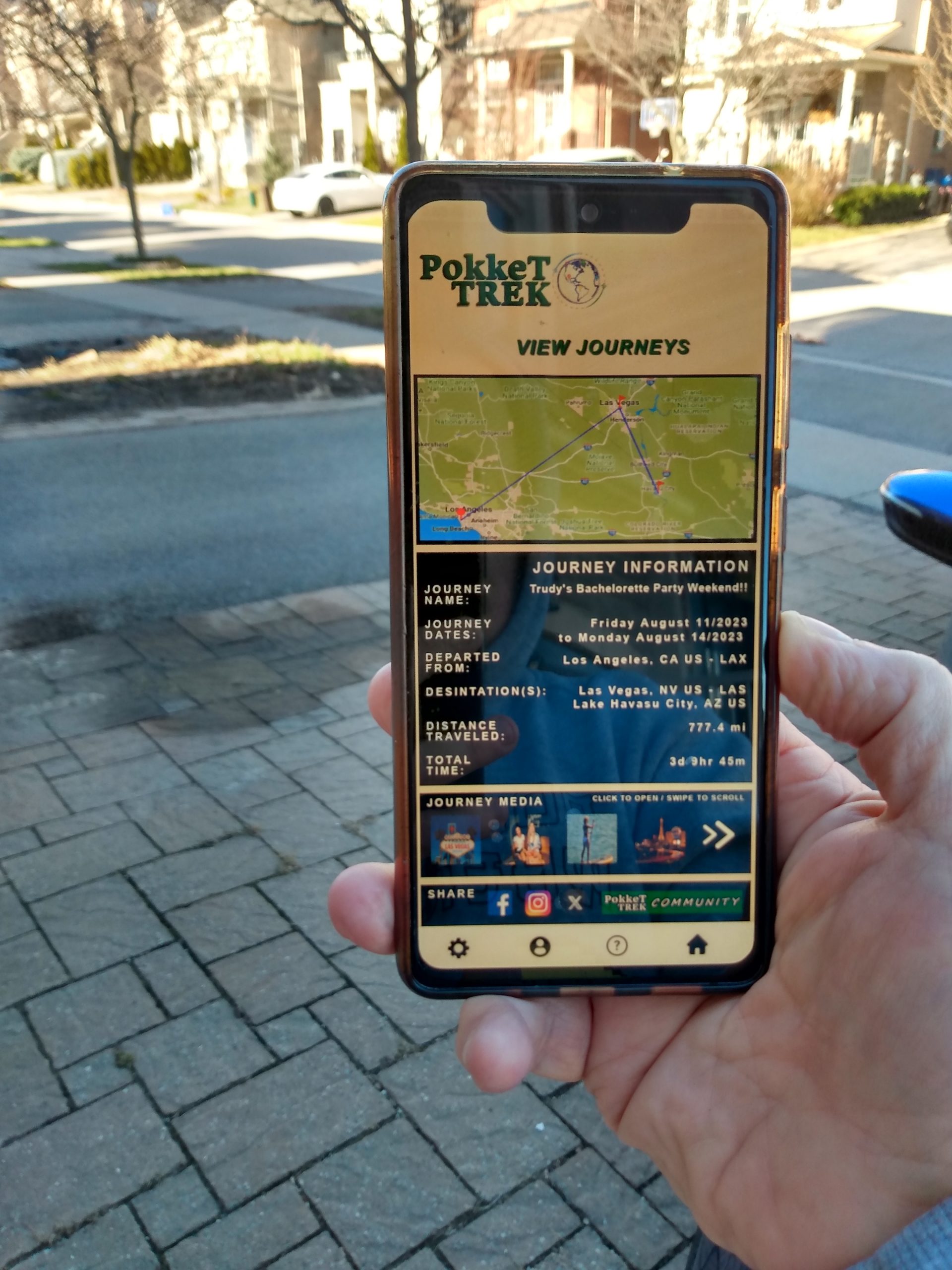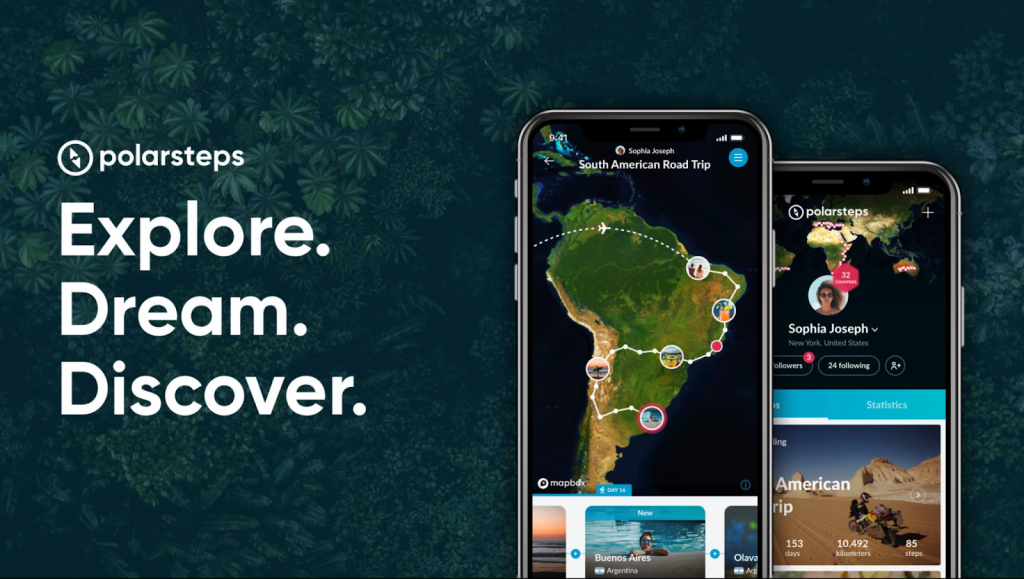Travel and technology have always paired together. Eastman Kodak’s first portable camera in the late 1800’s ushered in a new era of must have travel technology. The evolution of technology has taken leaps and bounds as we fast forward to the mass adoption of the all-in-one smartphone. These versatile and highly capable mobile devices have become the dominant technology of choice for travelers in both business and leisure categories. Mainstream adoption of mobile devices has created strong demand for mobile apps to use on these devices. Mobile travel apps specifically have enjoyed robust growth as travel volumes return to pre-pandemic levels and travelers continue to adopt and embrace mobile technology when traveling. Just over 3 billion mobile travel apps were downloaded in 2023, versus 2.67 billion in 2022 and 2.254 billion in 2019.. Continued strong adoption of mobile technology and high enthusiasm for mobile travel apps will fuel growth as travel demand returns and exceeds pre-pandemic levels.

A Purchasing Revolution
When it comes to travel and technology, there is no other gamechanger for the industry than the internet. Rapid adoption and access to household and mobile internet created a brand new way to instantly market goods and services to consumers and the travel industry quickly adapted to the new selling environment. Travel consumers have adapted as well with a recent 2022 survey from Statista suggesting that 72% of consumers prefer purchasing travel online versus a bricks and mortar travel agent. The mainstream use of smartphone devices and mobile apps may have influenced that shift consumers prefer speed and value over a full service purchasing experience. OTAs will continue to invest in mobile app infrastructure as travel demand returns to pre-pandemic levels. Travel consumers will continue to embrace mobile technology as these recent survey results from 2023 reveal some important client behaviors:
- 48% of respondents used a mobile device to research travel destinations
- 47% used a mobile device to compare flight prices, rental car rates and hotel pricing
- 40% of those survey used a mobile device to actually book a flight or a hotel room
With almost half of travel clients using mobile devices to engage the travel industry, mobile apps are sure to become the key marketing and purchasing vehicle for travel products and services.
Staying Organized & Productive
The invention of the mobile phone is probably the single most important business tool innovation in the last 50 years. The evolution to smartphones rocketed business productivity to a new level as these connected and fully capable devices could perform essential and even some advanced business related tasks as well as a desktop computer. Smartphones are now considered an essential tool for business and staying connected and productive will drive demand for business travel mobile apps. Organizational tasks, travel expense tracking, communication and travel arrangements are just a few of the functions of in-demand business travel mobile apps. Important documents such as airline boarding passes and other transportation vouchers can easily be stored and accessed on the user’s mobile device. Productivity apps can help businesses control and monitor travel expenses while travelers have an easy way to input amounts and notes for future reference. As business travel volumes ramp up to 2019 levels, demand for productivity apps will also increase as organizations look to improve efficiency during transit times.
Smartphone Functionality Can Enhance the Experience
The all in one nature of smartphones makes them the ideal go-to tech accessory for leisure travelers. Camera and location functionality are key features that travelers use during their trip and evolving smartphone technology means faster processing, more storage and more features to manage data during the journey. Mobile travel apps can elevate the individual’s experience by providing real time information as well as capturing iconic moments during the journey. PokkeTTREK, an in-house project which is currently in development, is designed to record important trip data points as well as allow users the ability to take still images and video within the app. Centralizing trip data and media gives users the ability to relive experiences or share them across a closed-community platform. ‘Experience apps’ can deliver functionality that not only can be used during the journey, but can also enhance the post trip experience.
Mobile Apps Are Part of the Journey
Since those portable Kodak cameras first appeared on the scene in 1888, travel and technology have complemented each other in many ways. From back-end operations to consumer facing interfaces, technology powers most facets of the industry. Today’s highly capable and connected smartphone devices are must haves when traveling for business or pleasure as adoption and usage during trips continues to ramp up. Travel clients are also showing preference to making purchases via mobile apps as OTAs continue to invest in improving the shopping experience and simplifying purchasing processes.
Sources:
https://dataai.infogram.com/1p5e99dnqynzxxcp3ev7pjzrkpc3d6qm6jl
https://www.travelperk.com/en-ca/blog/online-travel-booking-statistics/

